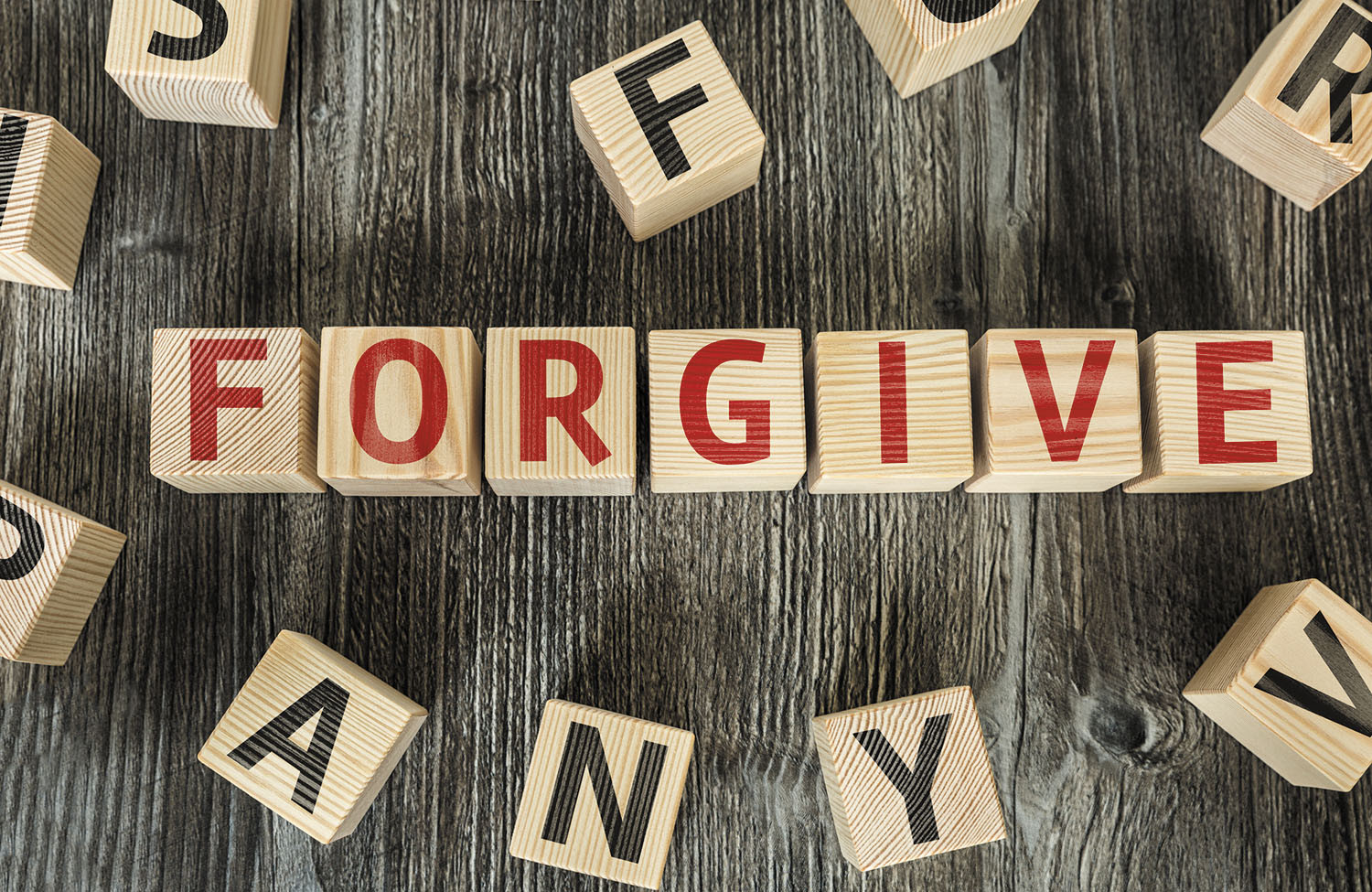
5 timeless habits for better health

What are the symptoms of prostate cancer?

Is your breakfast cereal healthy?

When pain signals an emergency: Symptoms you should never ignore

Does exercise give you energy?

Acupuncture for pain relief: How it works and what to expect

How to avoid jet lag: Tips for staying alert when you travel

Biofeedback therapy: How it works and how it can help relieve pain

Best vitamins and minerals for energy

Should you take probiotics with antibiotics?
Anxiety Archive
Articles
How to overcome grief’s health-damaging effects
The deaths of friends and family members become more common as you age. Here is how to endure the grieving process.
Image: © kali9/Getty Images
Most men don't face much personal loss early in their lives. Yet, once they reach a certain age, they will encounter the experience of losing someone important to them — a spouse, a friend, a relative — and the feelings of grief that often follow.
"Grief is a natural response to loss, but it is something that men are not prepared for, and they often struggle to understand how it can affect their lives," says Dr. Eric Bui, associate director for research at the Center for Anxiety and Traumatic Stress Disorders and Complicated Grief Program at Harvard-affiliated Massachusetts General Hospital.
How meditation helps with depression
A regular practice can help your brain better manage stress and anxiety that can trigger depression.
Image: © skynesher/Getty Images
Depression continues to be a major health issue for older adults. It affects about 20% of adults ages 65 and older, and regular depression can lead to higher risks for heart disease and death from illnesses. It also affects people's daily lives by making them more socially isolated and affecting cognitive function, especially memory.
In fact, a study of 1,111 people (average age 71), published online May 9, 2018, by Neurology, found that those who had greater symptoms of depression also had worse episodic memory — the ability to recall specific experiences and events.
Is fibromyalgia real?
Ask the doctors
Q. My friend was recently diagnosed with fibromyalgia, but it seems like she might be imagining her symptoms. Is fibromyalgia a real condition?
A. The short answer to your question is yes. Fibromyalgia is a real condition that affects some four million Americans. It's a chronic pain syndrome that experts believe may be caused by a malfunctioning nervous system. Researchers using magnetic resonance imaging to examine the brains of people with fibromyalgia have found abnormalities in the part of the brain that processes pain signals from the body. It appears that this part of the brain is essentially boosting the intensity of normal pain signals, potentially causing the body to feel pain without a physical cause.
The power of forgiveness
The REACH method teaches how to overcome lingering bad feelings toward someone who did you wrong.
Almost everyone has experienced being wronged by someone. It could be a former co-worker, friend, or family member. But hanging on to those negative feelings can do great harm to your health.
"Forgiving a person who has wronged you is never easy, but dwelling on those events and reliving them over and over can fill your mind with negative thoughts and suppressed anger," says Dr. Tyler VanderWeele, co-director of the Initiative on Health, Religion, and Spirituality at the Harvard T.H. Chan School of Public Health. "Yet, when you learn to forgive, you are no longer trapped by the past actions of others and can finally feel free."
Put a song in your heart
Listening to music may offer a range of benefits for cardiovascular health.
Music's capacity to evoke emotion is one reason people love listening to it so much. Whether you want to feel energized and uplifted or calm and relaxed, you can probably conjure a few examples of melodies that put you in your desired frame of mind. As it turns out, those mood-related benefits may extend to your heart.
"The beating of your heart and your fight-or-flight system are regulated by your brain. Once you understand that, it makes sense that listening to music that evokes a certain mood might affect the heart's function," says Dr. Andrew Budson, a lecturer in neurology at Harvard Medical School and chief of cognitive and behavioral neurology at the VA Boston Healthcare System.
Understanding intimate partner violence
The pandemic may be making life harder for those in abusive relationships, but help is available.
A woman experiencing abuse at the hands of an intimate partner often feels isolated and alone. But the truth is, she has a lot of company. As many as one in three women in the United States has experienced intimate partner violence (IPV), which is violence involving a current or former spouse, partner, significant other, boyfriend or girlfriend, says Eve M. Valera, an associate professor in psychiatry at Harvard Medical School. This number includes women from all different ages and backgrounds.
Those who experience IPV may be left with lingering health effects, including mental health disorders such as anxiety, depression, or post-traumatic stress disorder. IPV is also linked to a number of physical symptoms and conditions, according to the federal Office on Women's Health, such as digestive problems, migraine headaches, arthritis, asthma, chronic pain, sexual problems, and heart problems. Another area of growing concern for many researchers is the potential for cognitive changes caused by traumatic brain injuries linked to abuse, says Valera.
Harvard study: Unapproved drugs in brain-boosting supplements
Unlocking the mystery of chronic pelvic pain syndrome
The condition is an all-too-real problem for men, and one of the more difficult to treat.
After age 50, men often have periods of discomfort "down there." It could be a cramping, aching, or throbbing pain in and around your pelvis and genitals. You also may have issues in the bedroom and bathroom. While the problems are real, the cause is often difficult to pinpoint.
It's called chronic pelvic pain syndrome (CPPS) — also known as chronic prostatitis — and it's one of the most puzzling and difficult-to-manage conditions for older men.

5 timeless habits for better health

What are the symptoms of prostate cancer?

Is your breakfast cereal healthy?

When pain signals an emergency: Symptoms you should never ignore

Does exercise give you energy?

Acupuncture for pain relief: How it works and what to expect

How to avoid jet lag: Tips for staying alert when you travel

Biofeedback therapy: How it works and how it can help relieve pain

Best vitamins and minerals for energy

Should you take probiotics with antibiotics?
Free Healthbeat Signup
Get the latest in health news delivered to your inbox!
Sign Up











